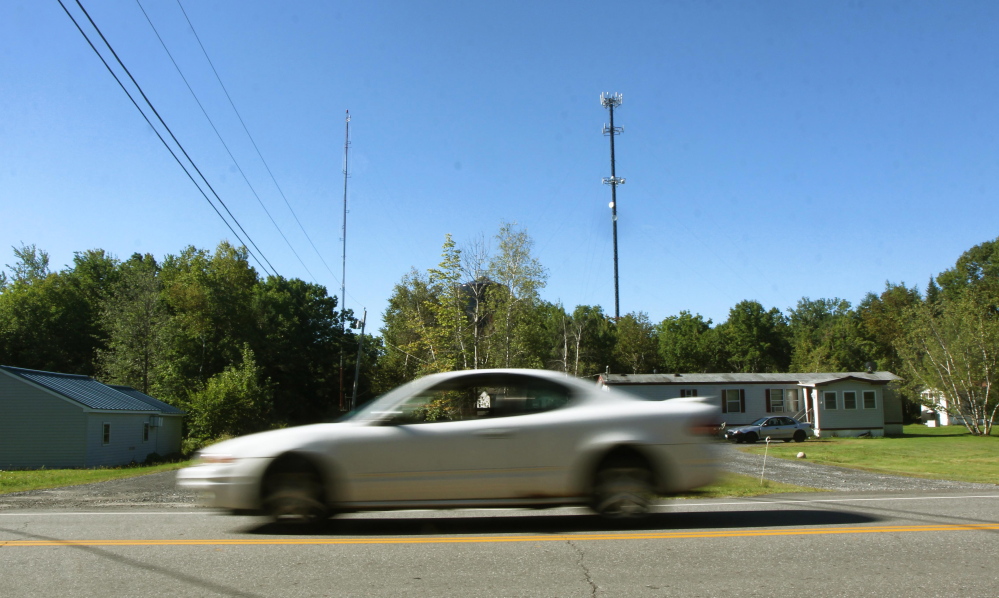OAKLAND — The town will pursue civil action for $3,420 in radio tower payments officials believe is owed by the town of Sidney.
The Town Council unanimously voted Wednesday to take Sidney to small claims court.
The two towns signed a contract two years ago to share the cost of leasing the communications tower for $4,800 annually, but since then Sidney officials say their first responders no longer get adequate service from the tower and the town had to contract for $5,000 with a different provider.
There are three years left on the lease, but Sidney officials argued that the lack of service voided their obligation to pay for the tower they can’t use. The tower is on High Street — Route 137 — in Oakland.
Oakland officials, however, have said town residents can’t be left on the hook for more money than they agreed to pay.
Town Manager Peter Nielsen said he sent a letter on June 22 that gave Sidney a Sept. 1 deadline to pay what’s owed, but the town never heard back from Sidney.
Nielsen said he looked into whether the town could try to get the money through a collection agency, but said he was told the best course of action for that small amount would be small claims court.
Councilman Don Borman said he has heard feedback from residents that support taking action to collect the money from Sidney.
“The sentiment is that there is support to do it,” said Councilman Don Borman.
Sidney previously tried to buy its way out of the contract for $1,500, but Oakland returned the check.
In other business, Oakland officals approved working with the Maine Department of Environmental Protection to be a test site for composting milfoil.
While there is protocol for eradicating the invasive weed from lakes where it runs over natural species and impairs recreation, there is little guidance on what to do once thousands of pounds of it is extracted from the lake.
“Right now, there’s no protocol for the handling of milfoil on the books,” said Nielsen.
The DEP, the town and the Friends of Messalonskee Lake will work on a plan for next summer to compost eradicated milfoil plants at the town transfer station with the hopes of rendering the plants and seeds inviable through the heat and decomposition process.
Mike Willey, of Friends of Messalonskee Lake, said the lake organization used to take its haul of milfoil plants to the landfill but recently has been taking the plants to a private field. He said they removed 40,000 pounds of milfoil from Messalonskee Lake this year.
The DEP is not yet issuing permits to compost milfoil, but a department official said previously they could consider it if data from composting at Oakland demonstrated the composting process would kill all chance of milfoil regrowth.
Some of the 10 attendees at the meeting said they are concerned that milfoil could make its way back to the water supply either while being transported or while being composted. Borman told residents that the DEP’s supervision would reduce that risk.
“I do think we have to be very cautious and that’s what the DEP guidance is for,” said Borman.
Kaitlin Schroeder — 861-9252
Send questions/comments to the editors.



Comments are no longer available on this story